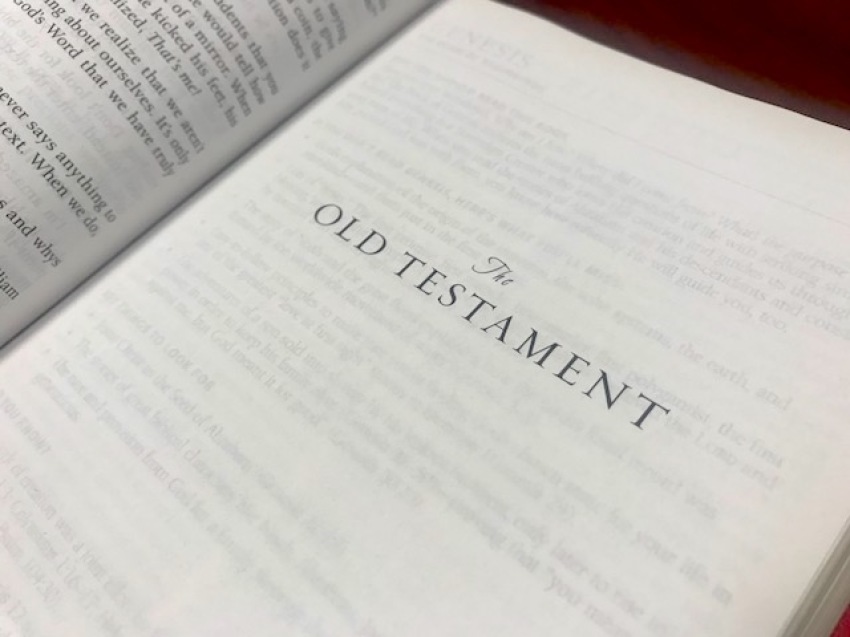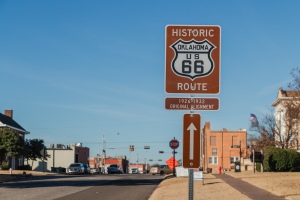What Is the Shortest Book in the Old Testament?

A vision from a minor prophet about the complete destruction of the nation Edom is described in 21 verses, and concludes with promises of God's restoration.
This is the shortest book in the Old Testament: Obadiah. Obadiah means "servant of Jehovah" and "worshiper of Yahweh."
Sandwiched between the prophetic utterances of Amos, a farmer, and Jonah, who was sent by God to speak to the Ninevites but refused and ended up spending a few nights in the belly of a fish before obeying, Obadiah speaks of a bitter squabble between two peoples with common ancestral roots.
The short book was likely written between 848 and 840 B.C. and in it he condemns Edom for sins against both God and His people in Israel.
The Edomites descended from Jacob's elder brother Esau. The nation of Edom bordered the nation of Israel on the other side of the Dead Sea.
The Edomites still held a grudge for what Jacob did 1,000 years ago, when he conspired with his mother, Rebekah, to take away the blessing from his father that was intended for the firstborn son, Esau, as is described in Genesis 27.
Esau's nation despised the Israelites and refused to help them in their need, sold them as slaves, plundered their cities, and even abused them while they were exiled to Babylon. Elsewhere in the Old Testament, God avenges His people when other nations do violence against them and Obadiah declares on God's behalf that He will do similarly for Edom.
The specific accusations against the Edomites are listed in the first 14 verses, where the prophet decries their pride and proclaims that they will be brought down.
The Edomites lived high up in the desert rocks, but they believed they were superior to the Israelites. Such pride caused them to not only stand by when the Babylonians overtook and plundered Jerusalem, but also join in with them.
Thus, God said they, too, would be destroyed.
Verse 15, however, is a hinge scripture of sorts, as the narrative moves away from Edom's foretold demise and speaks about all prideful nations.
"The day of the Lord is near for all nations. As you have done, it will be done to you; your deeds will return upon your own head."
The prophet continues in the final verses that those who act like Edom will end up like Edom, judged by God and brought down from whatever heights they occupy.
The theological lesson and prevailing theme of Obadiah is that pride portends ruin and God will confront it.
The Bible Project's video on the short book notes that it's hardly a coincidence that the word Edom in the Hebrew language is spelled with the exact same letters as the word for "humanity," which in Hebrew is "Adam."
Edom's rise and fall is thus a parable for the rise and fall of humanity, showing how God opposes the proud and the violent and will answer with justice. Edom's story is an example of the futility of the human condition.
Yet as with other Old Testament prophets, the words of judgment are not final.
In keeping with God's promises to restore His people in Joel and Amos, the prophetic books immediately preceding Obadiah, the final verses prove hopeful, telling of how "Saviors" will go up to Mount Zion and how God will expand His Kingdom — including Edom, as is noted in Amos — where all the territories and nations around Israel will be repopulated with a holy remnant.



























